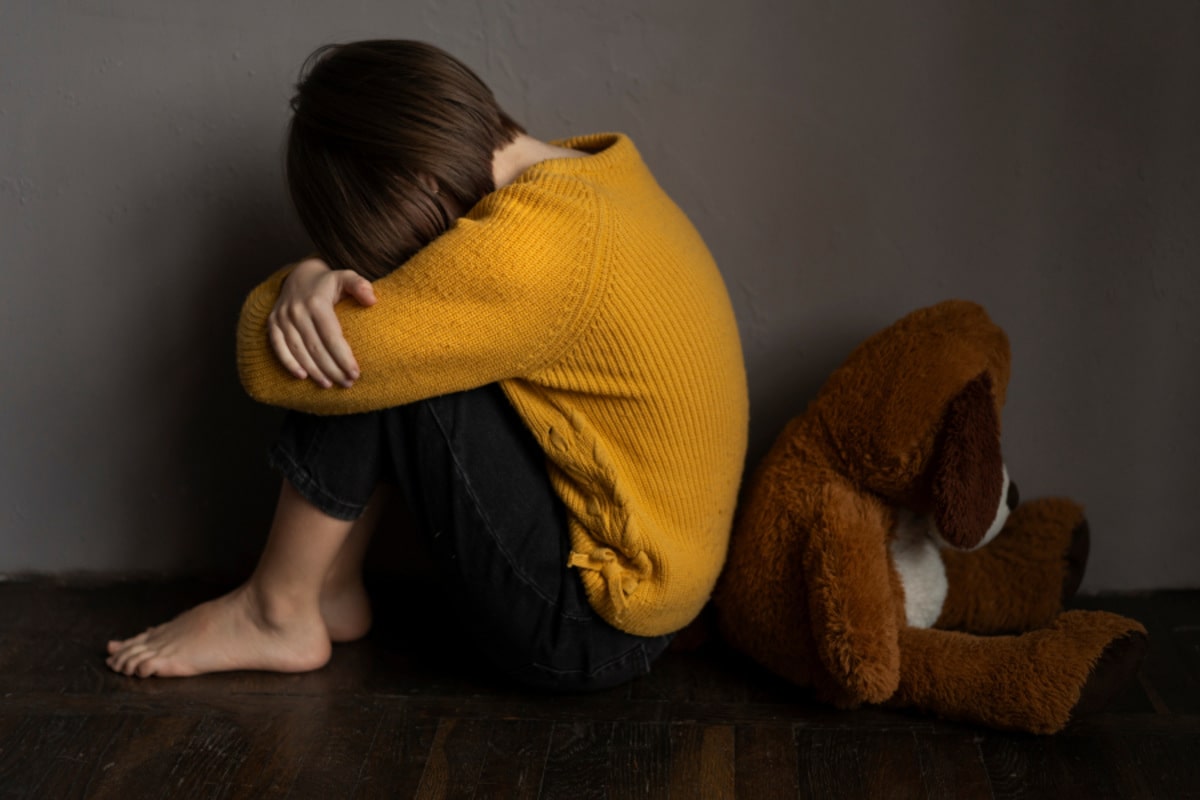
Understanding Childhood Trauma and Its Impact on Children
Childhood trauma refers to distressing events in early life that leave a lasting impact on a child’s emotional, mental, and physical well-being. These events, such as abuse, neglect, or the loss of a loved one, can shape a child’s development and affect their behavior and health during childhood and later in life. Understanding Childhood trauma is crucial to providing the right support and intervention for children in need.
What is Childhood Trauma?
Childhood trauma occurs when a child experiences or witnesses events that make them feel fearful, unsafe, or unable to cope. These events can affect their physical health, emotional development, and cognitive abilities, which can have long-lasting effects into adulthood.
How Trauma affects Children:
1. Physical Health: Children who experience trauma often exhibit heightened stress responses. These can manifest physically as headaches, stomach aches, or frequent illnesses. Over time, chronic stress may impact the immune system, making them susceptible to long-term health problems.
2. Mental Health: Studies Link Childhood trauma to various mental health conditions, including depression, anxiety and PTSD. Children who experience trauma may show early signs of mental health struggles that continue into adulthood.
3. Cognitive Development: Trauma can disrupt cognitive processes such as problem-solving, learning and emotional regulation. Affected children may find it difficult to focus or process new information effectively.
4. Self-Esteem: Trauma can lead to feelings of guilt, shame, or worthlessness in children. They may blame themselves for the trauma or feel powerless which affects their self-esteem and sense of identity.
5. Relationships: Children who experience trauma may struggle with forming healthy attachment to caregivers, friends and authority figures. These challenges can influence their ability to develop positive relationships as they grow older.
Post- Traumatic Stress Disorder (PTSD) in Children:
Children exposed to trauma are at risk of developing PTSD, which can cause them to relive traumatic events, experience heightened fear or sadness, and withdraw from others. PTSD symptoms can interfere with a child’s daily life and emotional well-being.
The Age Factor in Trauma Response:
Children respond to trauma differently based on their age:
- Preschool Children: May experience fear, nightmare, and separation anxiety.
- Young Children: Can develop anxiety, guilt and difficulty sleeping or concentrating.
- Adolescents: Teens may experience depression, self-harming behaviour and substance abuse in response to trauma.
Childhood Trauma can have profound and lasting effects on a child’s physical, emotional and mental development. The impact of traumatic experiences can influence on a child’s health, cognitive abilities, self-esteem, and relationships well into adulthood. Early identification and intervention are critical in helping children heal and develop healthy coping mechanisms. Understanding how trauma manifests differently across ages, from preschool to adolescence, can guide effective support and treatment. Providing a safe and nurturing environment, along with professional help, can greatly improve a child’s ability to recover from trauma and lead a healthier, more fulfilling life.
At ImPerfect, we understand the deep impact of childhood trauma and the importance of compassionate care. Our team of veteran psychologists provide a safe, nurturing space for children to heal, using personalized, evidence-based therapies to help them process experiences, build resilience, and develop healthy coping skills. We work closely with families, guiding caregivers to create stable, supportive environments that foster recovery and growth. At ImPerfect, we believe every child can overcome trauma and embrace a brighter future. Together, we empower children to transform their challenges into strengths, nurturing confidence, well-being, and the ability to thrive despite past hardships.
By Urveez Kakalia and Krupa Abraham
Reference:
2. https://www.sciencedirect.com/science/article/pii/S2468749921000375
3. https://reflectwithin.in/the-impact-of-childhood-experiences-on-adult-mental-health/
Further Readings:
Horwitz, A. V., Widom, C. S., McLaughlin, J., & White, H. R. (2001). The impact of childhood abuse and neglect on adult mental health: A prospective study. Journal of health and social behavior, 184-201.
Copeland, W. E., Shanahan, L., Hinesley, J., Chan, R. F., Aberg, K. A., Fairbank, J. A., … & Costello, E. J. (2018). Association of childhood trauma exposure with adult psychiatric disorders and functional outcomes. JAMA network open, 1(7), e184493-e184493.
Herrenkohl, T. I., Hong, S., Klika, J. B., Herrenkohl, R. C., & Russo, M. J. (2013). Developmental impacts of child abuse and neglect related to adult mental health, substance use, and physical health. Journal of family violence, 28(2), 191-199.
